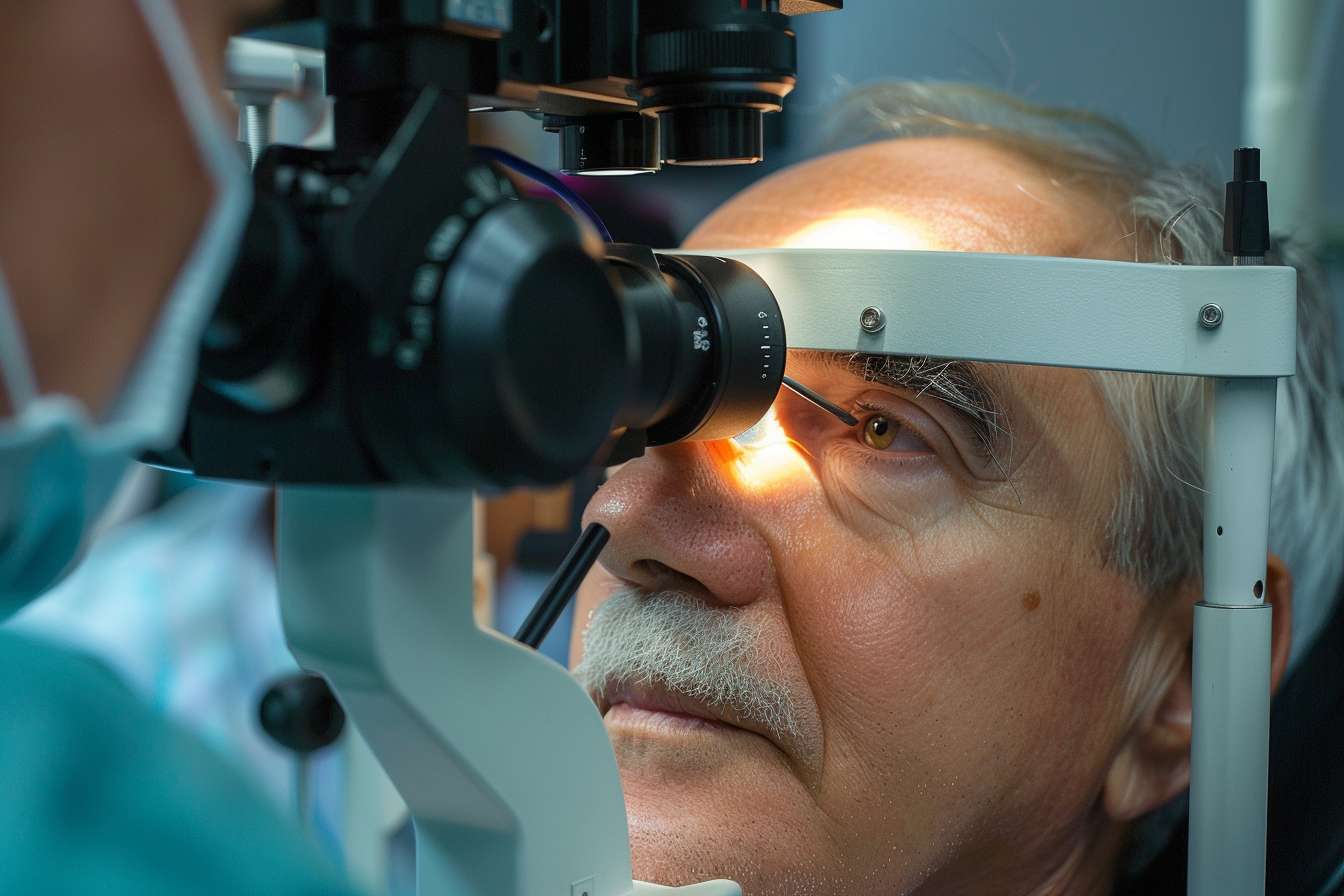Understanding Macular Degeneration: Causes, Symptoms, and Treatment Options
Macular degeneration is a progressive eye condition that affects millions of people worldwide, primarily those over the age of 50. This serious condition impacts the macula, the central part of the retina responsible for sharp, detailed vision. As the disease progresses, it can significantly impact daily activities like reading, driving, and recognizing faces, making early detection and treatment crucial for preserving vision.

What Warning Signs Should Lead to a Doctor Visit?
Early detection by an eye doctor is vital for managing macular degeneration effectively. Key warning signs include:
-
Blurred or fuzzy central vision
-
Difficulty reading or recognizing faces
-
Straight lines appearing wavy or distorted
-
Dark or empty spots in central vision
-
Colors appearing less vibrant
-
Increased difficulty adapting to low light conditions
How Do Eye Doctors Diagnose and Treat Macular Degeneration?
Diagnosis typically involves a comprehensive eye examination, including specialized imaging tests. Your doctor may perform:
-
Visual acuity tests
-
Dilated eye examination
-
Optical coherence tomography (OCT)
-
Fluorescein angiography
-
Amsler grid testing
What Treatment Options Include Eye Injections?
For wet macular degeneration, anti-VEGF injections have become a standard treatment approach. These medications include:
| Medication | Frequency of Injection | Average Treatment Duration |
|---|---|---|
| Lucentis | Every 4-6 weeks | Ongoing as needed |
| Eylea | Every 8-12 weeks | Ongoing as needed |
| Avastin | Every 4-6 weeks | Ongoing as needed |
| Vabysmo | Every 12-16 weeks | Ongoing as needed |
Prices, rates, or cost estimates mentioned in this article are based on the latest available information but may change over time. Independent research is advised before making financial decisions.
How Can You Protect Your Vision and Slow Disease Progression?
Preventive measures and lifestyle modifications can help manage macular degeneration:
-
Regular eye examinations
-
Smoking cessation
-
Maintaining a healthy diet rich in antioxidants
-
Exercise and weight management
-
UV protection for eyes
-
Blood pressure control
-
Taking prescribed supplements as recommended by your doctor
Understanding macular degeneration and working closely with eye care professionals is essential for maintaining vision quality. While there is no cure, various treatment options and lifestyle changes can help slow progression and preserve vision when implemented early in the disease process.
This article is for informational purposes only and should not be considered medical advice. Please consult a qualified healthcare professional for personalized guidance and treatment.






